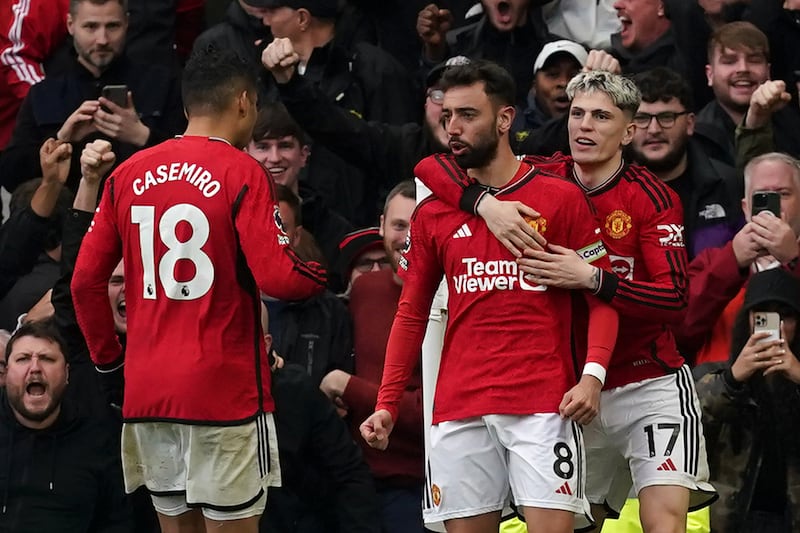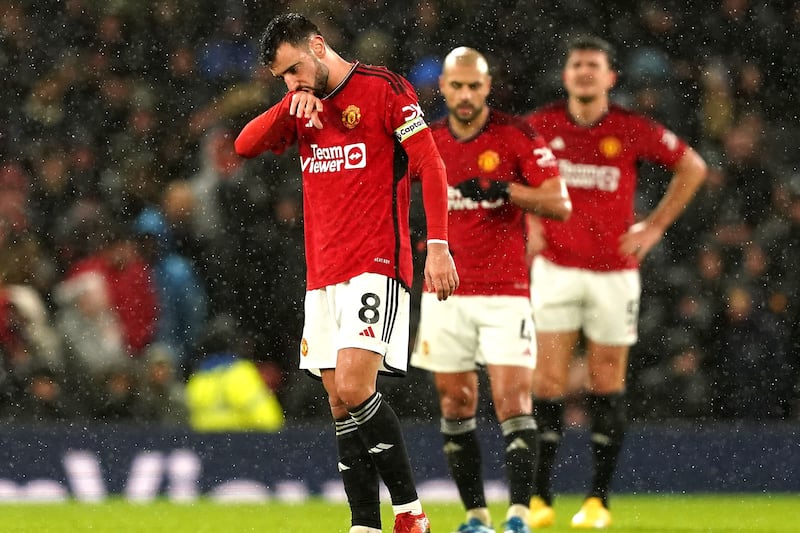The expanded Champions League and Club World Cup pose a threat to the well-being of players who are already being “pushed to the limit” in the current calendar, according to a new report.
The men’s Player Workload Monitoring (PWM) report for the 2022-23 season from world players’ union FIFPRO has projected that changes to both competitions from the 2024-25 season could lead to an 11 per cent increase in the number of matches top players are involved in.
It looked at the example of Liverpool and Portugal forward Diogo Jota, whose 64 games for club and country in 2021-22 could rise to 72 in 2024-25.
The new 36-team Champions League would involve a team playing up to 17 matches from the league phase through to the final – four more than the current 13.
The new 32-team Club World Cup, due to be played every four years from the summer of 2025 onwards, could involve seven extra matches for the teams reaching the final.

The tournament has the backing of the European Club Association, but the World Leagues Forum – currently chaired by Premier League chief executive Richard Masters – is opposed to the plans.
The PWM report said: “The Club World Cup is expected to take place in June-July, which is just after the end of the long club season for the majority of participants.
“This will undoubtedly further decrease the off-season rest period for many players and raise concerns about their ability to fully recover in time for the new season. In addition, high travel load will also be associated to the tournament.
“The reforms of the two major tournaments will ultimately increase the number of games played by top players who could conceivably feature in both.
“This poses a threat to the well-being of players who are already pushed to their limit with the current international match calendar.”
The report found Manchester United and Portugal midfielder Bruno Fernandes played 74 per cent of his matches ‘back to back’ – without a gap of at least five days in between, including 20 consecutive back-to-back matches.

Chelsea’s January recruit Enzo Fernandez played 70 per cent of his matches back to back.
That was despite the midfielder having no off-season rest at all last summer, having played a first friendly for Benfica just eight days after competing in the Copa Libertadores for Argentinian club River Plate.
He also only had a nine-day break between featuring in the World Cup final for Argentina and reporting back for club duty.
Professional Footballers’ Association chief executive Maheta Molango, speaking on a panel concerning player workload in Istanbul ahead of the Champions League final, said the main issue was that competition organisers were working in isolation rather than the bigger picture.
“We need to find a solution where we stop looking at this in isolation, but rather globally,” Molango said.

“You don’t put a calendar (in place) and then ask the players ‘can you play that?’ or rather ‘do that’. You look at what is the maximum number of games that they can play. And then from there, you build the calendar. I think we’re starting from the wrong end of the discussion around that.”
Molango said Raphael Varane’s decision to retire from international football at the age of just 29 could become the norm rather than the exception in the future.
“If we lose a Varane, we’ll lose quality, we’ll lose fans and then it’s a dangerous spiral I think,” he said.
The report also compared the workload of young players from the current generation to their predecessors.
It found England midfielder Jude Bellingham has already played 14,445 minutes in his professional career before the age of 20, while Wayne Rooney had only played 10,989 minutes before his 20th birthday.








